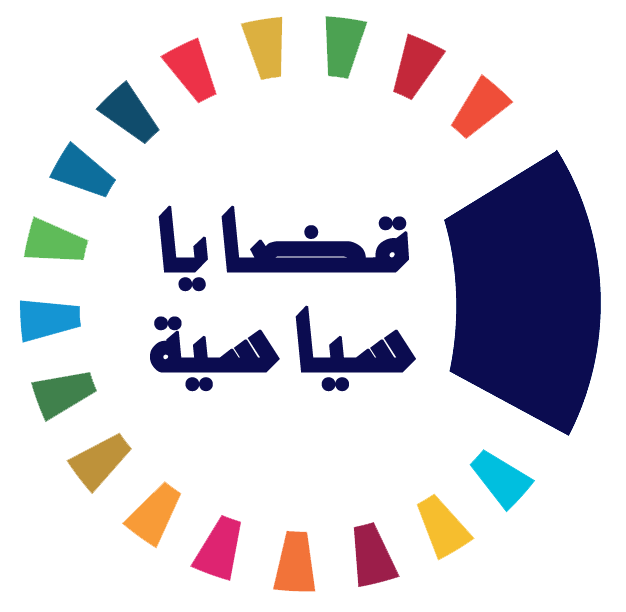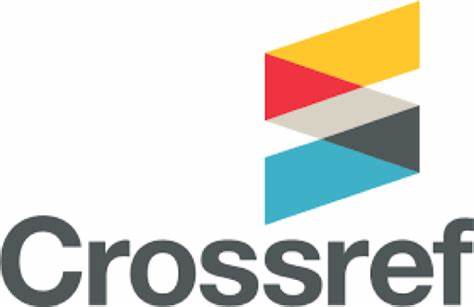البنية الاقتصادية الديمقراطية والأمن الوطني دراسة حالة العراق بعد عام 2005
DOI:
https://doi.org/10.58298/812025752الكلمات المفتاحية:
البنية ، الاقتصاد، الامن الوطني، العراقالملخص
للبنية الاقتصادية اهمية كبيرة في عملية صنع السياسة العامة واستقرار الدولة وفي تحديد الوزن السياسي للدولة ، فالبنية الاقتصادية ترتبط بتوزيع الثروة والقضاء على الفقر والحد من ظاهرة البطالة لتجنب النقمة والغضب تجاة السلطة السياسية وبالتالي تهديد الاستقرار الامني، كما يمكن ان يكون عدم الاستقرار السياسي وفقدان الامن الوطني عاملاً من عوامل التدخل الخارجي تحت ذريعة حقوق الانسان وحماية الاقليات.
تمثل التنمية الاقتصادية عاملاً من عوامل الامن لانها توفر لاي مجتمع القاعدة المادية التي تحول دون استمرار تخلفه وتبعيته الاقتصادية والسياسية ، فبدون ان تكون هناك تنمية سليمة تشبع الحاجات الاقتصادية والاجتماعية والسياسية للمجتمع ، لايمكن الحديث عن توافر امناً وطنياً مستقراً. وعلى هذا الاساس فإن اهم اهداف البنية الاقتصادية في العراق هو العمل على ارتقاء المؤسسات الاقتصادية وتحقيق تنمية مستدامة بما يضمن استقرار العراق امنياً وسياسياً، فالبنية الاقتصادية الديمقراطية لها دافع مهم ومؤثر في تحقيق الامن الوطني في العراق لأنها لاتتعلق بالمستوى الاقتصادي فحسب ، بل تعد عاملاً اساسياً في بناء التوازن بين الطبقات الاجتماعية ، فضلاً عن تحقيق التنمية البشرية ، كما يبرز الارتباط المباشر بالامن الوطني عبر الامن الاقتصادي وديمومة الموارد التي تعد عاملاً ومقوماً رئيسياً للامن الوطني.
الملفات الإضافية
منشور
إصدار
القسم
الرخصة
الحقوق الفكرية (c) 2025 رحيم صدام جبر

هذا العمل مرخص بموجب Creative Commons Attribution 4.0 International License.
هذه هي مقالـــــة منشـــــــــورة بنمط الوصـــــول الحـــــــر ومـــــــوزعة تحــــــت شــــــروط ترخيص المشاع الابداعي نسب المصنف (CC BY) 4.0 دولي التي تسمح بالاستخدام غير المقيد، التوزيع، واعادة الانتاج في أي وسيط أو صيغة، والتحوير أو البناء على المادة، بما في ذلك للأغراض التجارية، شريطة أن يتم نسب العمل للمؤلف الأصلي.






